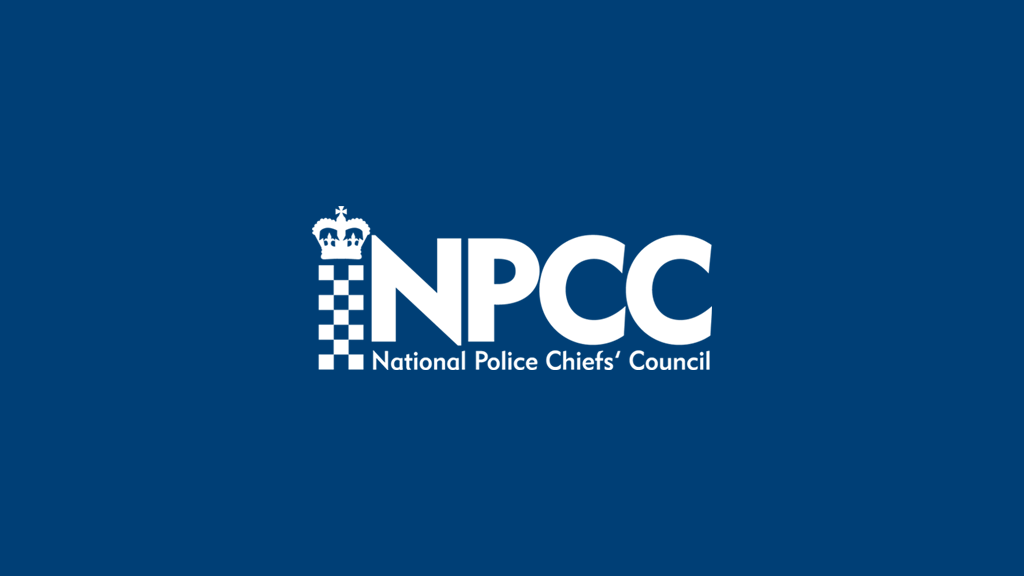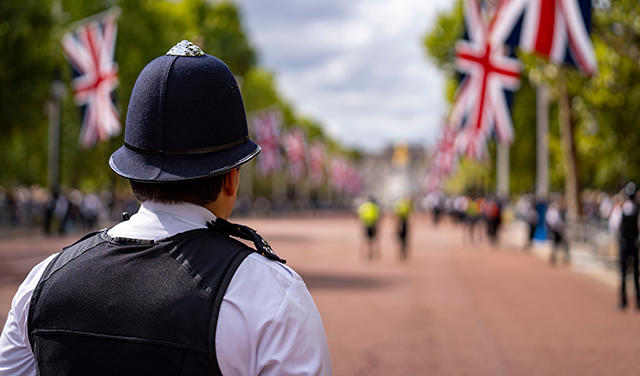News
-

Police are addressing an issue in a number of forensic tests
Police are working with the CPS and the Forensic Science Regulator to respond to the issue
-

Additional funding is vital in ensuring we are able to tackle the threat of child sexual exploitation
Following the Governments pledge of £40 million in measures to protect children and young people from sexual abuse, Chief Constable Simon Bailey highlights the importance of funding in safeguarding the vulnerable.
-

-

The use of informants helps to prevent and solve the most serious crimes
Informants often provide timely and essential intelligence which cannot always be obtained by other means. This tactic can lead to very serious crimes being prevented including, murders, child sexual exploitation, and terrorism.
-

Huge illegal firearms seizure following joint NCA and CT policing operation
Over 800 potentially lethal weapons have been seized and 282 suspects arrested during a month-long operation aimed at preventing criminals and terrorists gaining access to illegal firearms.
-

We must build resilience in young people and educate them about sexual relationships
Research by the charity Barnardo's has highlighted increases in recorded cases of children committing sexual offences against other children in England and Wales between 2013 and 2016.
-

Police Chiefs' Blog: CC Sara Thornton - Chief Constables' Council January 2017
As our January meeting of all chief constables was at the Police Federation headquarters, it was fitting that investment in our staff and culture was at the forefront of our focus.
-

CC Stephen Kavanagh Blog: Our world has gone digital. January 2017
Our world has gone digital. Smartphones are everywhere and have overtaken computers as the most popular way we access the internet. The world has changed, and 93% of adults in the UK now own a mobile phone compared with 36% in 2000.
-

Police begin fresh operational push against mobile phone use by drivers following previous effort that caught thousands of offenders nationwide
36 forces took part in the campaign in November stopping 10,012 vehicles and detecting nearly 8,000 mobile phone offences, the highest ever total for a week of enforcement on distraction driving.
-

Increases in fraud and computer misuse demonstrate the need for policing to adapt and transform
The Crime Survey of England and Wales (CSEW) shows that levels of crime have remained stable at 6.7 million offences for the year ending September 2016. However, the inclusion of fraud and computer misuse incidents has led to a further 5.6 million offences being recorded.
-

New national strategy for police custody
Police chiefs have developed a set of nationally consistent principles to complement existing legislation and guidance and help forces ensure that they are using custody in a way that is legitimate, effective and efficient.
-

The police service is committed to achieving accreditation and improving standards of forensic science
The forensic regulators annual report highlights key priority areas for policing to meet in order to continue to enhance our response and prevent quality failures.

